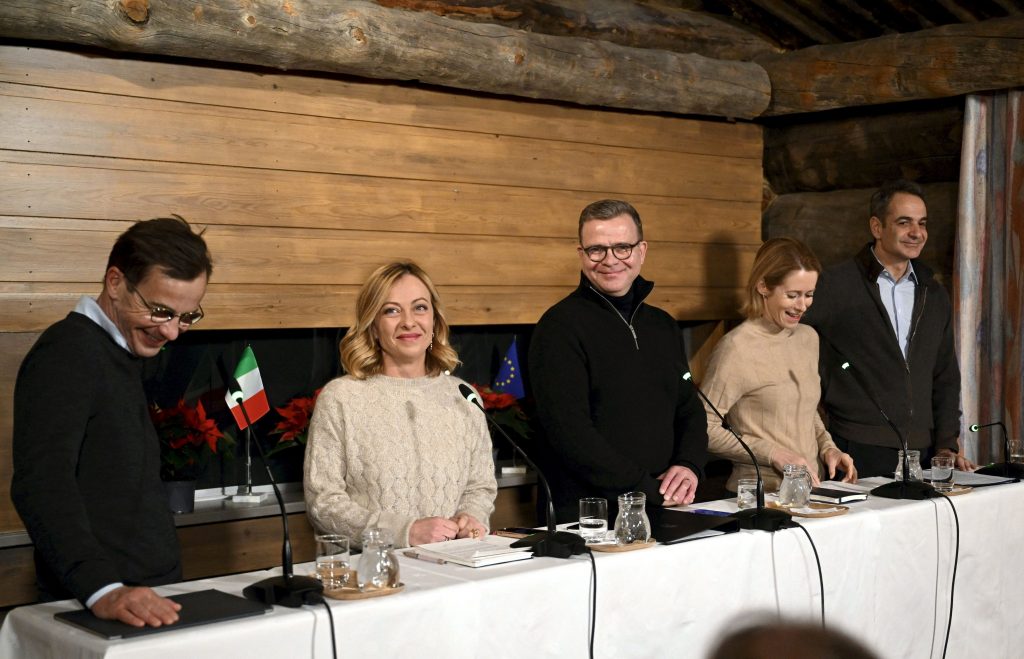Greek Prime Minister Kyriakos Mitsotakis on Wednesday unequivocally announced his government’s intent to table a draft law in the coming period to “legislate equality in marriage”, ending a brief period of speculation on whether he would proceed with the contentious initiative.
Mitsotakis has faced skepticism from within his party’s ranks, even by a handful of Cabinet members, high-profile MPs and even his predecessor in ND’s helm. Such a prospect also comes amid opposition by the powerful Orthodox Church of Greece and even lukewarm support by voters, as per opinion polls.
“”Marriage is a conservative institution, it implies a concept of permanence. I will not bring something radical; 20 European countries have already legislated (such a law), 15 are in the EU; we’re not discovering gunpowder here,” he said, during an interview granted to the state-run broadcaster (ERT).
Asked about opposition and skepticism over the prospect of legalizing same-sex marriages, he said: “I respect all opinions, I do not want to divide Greek society. I absolutely respect our fellow citizens who have a different opinion, as well as the (Greek Orthodox) Church. The Church was against civil marriage and cremation, and the state brought laws (allowing the latter), while respecting the role of the Church. We will listen to the views of the Church, but the state legislates, it does not co-govern with the Church,” he added.
On the equally contentious issue of allowing same-sex couples to legally adopt children, he said:
“I think most of our fellow citizens have no real objection to (same-sex) marriage. Where there’s always a reservation, and I hear it with great attention, is when they say: ‘the children, what will happen to the children?’. So, let’s see what will happen and what should be done with children. Children exist today. And I don’t think anyone disputes this reality: that same-sex couples have children, and these children will not cease to exist, they will not disappear. However, these children do not have equal rights,” he said in referring to children of a parent in a same-sex marriage where the non-biological parent has no legal link with the child.
Responding to a question over a draft bill hastily announced this week by main opposition SYRIZA, he said the difference between the two is that the government’s proposed legislation does not change the status of assisted reproduction or liberalize the use of a surrogate mother. “That is not going to happen…That is a key difference compared to SYRIZA’s proposal,” he explained.
Queried further, he said he will not request “party discipline” in any Parliament vote by ruling New Democracy MPs, “it’s a matter of conscience,” he said.
“However, obviously, when someone is a minister there is a greater commitment to a collective decision taken by the Cabinet,” signaling that a minister and deputy minister that votes against cannot remain in the post.
Asked about the prospect of deputies in his Parliamentary majority choosing to abstain from the vote on same-sex marriage, he characteristically said: “There are many Parliamentary choices… abstention is a honorable stance whereby someone can express their disagreement by not voting in favor without creating a problem for the governing majority. It’s an option that MPs can may have.”


